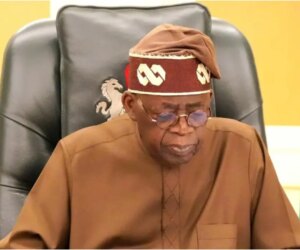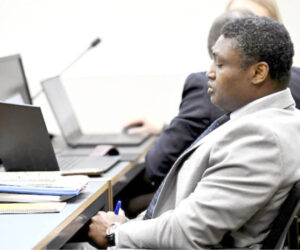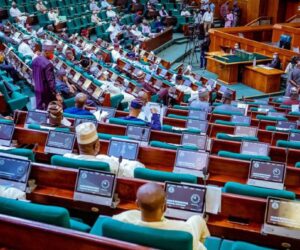… ELTAN urges S’South govs to enact laws on ‘out-of-school children, community-driven education reforms
The rising levels of illiteracy and lack of access to basic education in the Niger Delta have been described as threat to the region and the nation’s economic development.
Studies by federal agencies and the United Nation Children’s Fund (UNICEF) revealed that about 250 out of every 1,000 children in Nigeria were not enrolled in formal education in 2024 . Out of the approximated 17.8 million out-of-school children in the country, considered to be the highest in the world, the South South region accounted for 769,000.
The English Language Teachers’ Association of Nigeria (ELTAN) however suggest that the figure for the South South has grown into millions this year, drawing attention to the implications and likely negative impact on the region’s socioeconomic development.
Analysts argue that one of the factors that contributed to the rise of the Niger Delta militancy, and still supports the existence of the illegal petroleum refining industry in the region, is the lack of access to basic education.
Tonia Okonkwo, National President of English Language Teachers’ Association of Nigeria (ELTAN), said the number of children outside the formal school system continues to rise, threatening literacy growth, security, and socio- economic development.
She said, “The statistics are sobering, millions of children out of school, communities, where classrooms are empty, and dreams, slowly fading into the shadows of neglect.
“The South-South, long marginalized in development narratives, cannot afford to lose its next generation to ignorance. The clock is ticking, and the future of the Niger Delta depends on what we do now,” she said.
Okonkwo, who was speaking during a regional education stakeholders’ summit in Port Harcourt, the Rivers State capital, called on governors, legislators and community leaders of the six states in the South South, to immediately enact enforceable education laws, to tackle the growing menace of out of school children.
She proposed enactment of legislation enforcing compulsory basic education, strengthening teacher training and literacy programmes, partnering with communities, non- governmental organizations (NGOs), and development agencies, as well as, enforcement of penalties for child neglect and school absenteeism.
Okonkwo stressed that education remains the right of every child, not a privilege, adding that, “ELTAN stands ready to partner with all stakeholders to restore dignity and literacy to the South-South region.
“ELTAN’s warning is not a complaint; it is a call for survival. An educated child today becomes a social liability tomorrow. Education is not just about reading and writing, it is about dignity, purpose, and nation-building. The region’s leaders must rise to this call,” she said.
Ibiere Ken-Maduako, professor and Dean, Faculty of Humanities, Ignatius Ajuru University of Education, Port Harcourt, described the high number of out of school children as, “a national tragedy and a threat to future development.”
Ken-Maduako, who is former National President of English Language Teachers’ Association of Nigeria, decried the rising rate of illiteracy, poor learning outcomes, and lack of community-based education monitoring systems in states like Rivers, Bayelsa, Delta, Akwa Ibom, Cross River and Edo.
“Education is not a privilege, but a right. Every child deserves access to learning, regardless of economic, or social barriers,” she said.
Ken-Maduako explained the data from UNICEF and UBEC which indicate that millions of Nigerian children remains out of school, many from the South-South region, where poverty, insecurity, early marriage, and lack of infrastructure have worsened the challenge.
She, however, regretted that the South-South, despite economic potential and natural resource wealth, still struggles with thousands of children and adolescents out of school, especially in the rural and riverine communities.
Read also: Yobe govt initiates solid minerals exploitation for economic diversification
She recommended the enactment of enforceable laws making education compulsory and penalized child neglect, create education task forces involving parents, traditional rulers, religious organizations, youth leaders, civil rights groups, and the media, provide free school meals, uniforms, and bursaries, establish continuous training, retraining of teachers, recruit qualified teaching and non- teaching staff in various schools in the region, provision of better welfare, and literacy skill enhancement, as well as, the encouragement of English and indigenous language integration, to strengthen comprehension.
Ken-Maduako, professor of Pragmatics in Communication, emphasized that the right to education should not only be a constitutional provisions, but a legally enforceable civic obligation backed by state legislation.
“Education remains the greatest equalizer. No child should be denied access because of poverty, location, or cultural barriers, ” she said.







